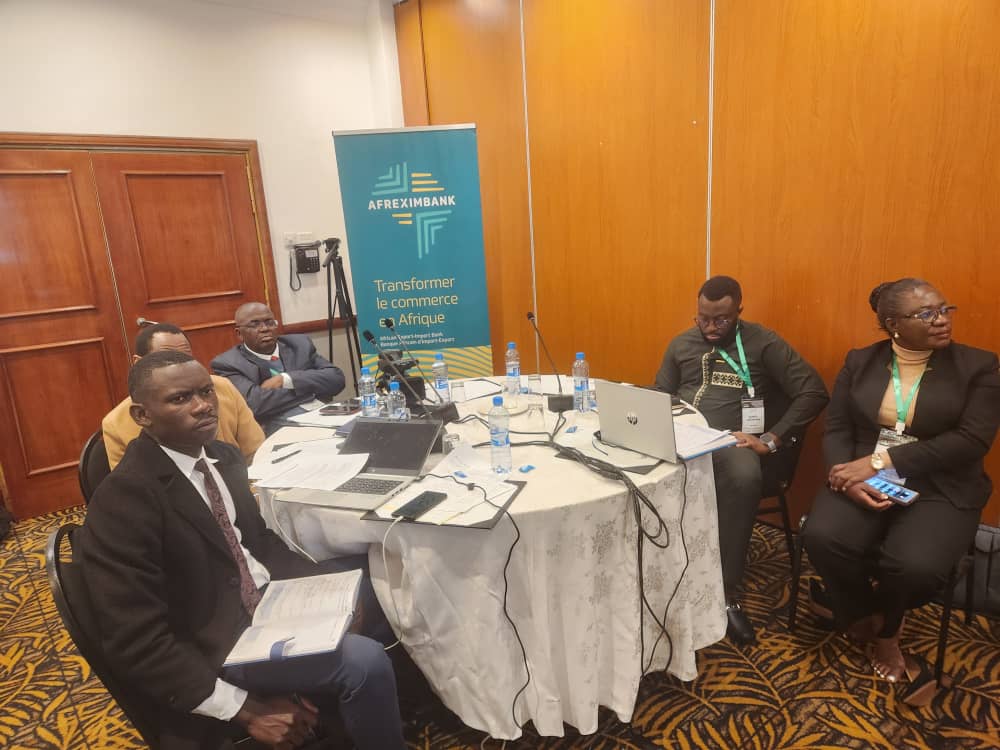
By Josiah Mpofu
Agricultural stakeholders from across Africa reiterated the need to chart a new path for the continent’s food systems.
The delegates drawn from regional bodies such as the African Union, The Forum for Agricultural Research in Africa (FARA), and the Common Market for Eastern and Southern Africa (COMESA), among others, are crafting the Common African Agro-Parks Programme (CAAPs) Green Climate Fund Strategy.
The initiative seeks to unlock climate financing for smallholder farmers and boost agricultural productivity across Africa.
African Union Commission (AUC) Representative Kennedy Ayason, said the implementation of CAAPs is a strategic continental response to Africa’s unprecedented climatic challenges and growing food insecurity.
“Africa is endowed with immense natural resources, a vibrant youth demographic and vast agricultural potential, but it is confronted with unprecedented climatic challenges including rising temperatures, erratic precipitation, land degradation, and intensifying food insecurity. It is within this context that the CAAPs initiative emerges not merely as a project, but as a strategic continental response,” Mr Ayason said.
Mr Ayason explained that CAAPs would provide the Green Climate Fund, a strategic platform to fulfil its core mandate in Africa supporting of low emission, climate-resilient development and inclusive agro-industrialization.
He noted that the initiative would offer the paradigm shift in integrating sustainable agricultural production, regional value addition and climate-conscious trade corridors within agro-ecological zones.
“We firmly believe that CAAPs offer the GCF a strategic platform to fulfil its core mandate in Africa supporting low emission, climate-resilient development and inclusive agro industrialization. The paradigm shift will integrate sustainable production, regional value addition, and climate-conscious trade corridors within agro-ecological zones,” Mr Ayason noted.
Mr Ayason said CAAPs initiative play a huge role in driving Africa’s vision to boost agrifood production by 45%, triple intra-African trade and mobilize 100 billion dollars by 2035, as espoused in the Kampala CAADP Declaration.
He commended the African Export-Import Bank (Afreximbank’s) support in mobilising co-financing and investment architecture, particularly through its innovative blended finance instruments and project development vehicles.
Mr Ayason said this during the orientation workshop on the Development of CAAPs Green Climate Fund Strategy and Projects in Lusaka.
The Forum for Agricultural Research in Africa (FARA) Programme Coordinator, Anselme Vodounhessi, stressed that the initiative would rehabilitate over 4 million hectares and enable climate services to be mainstreamed for 10 million smallholder farmers in Africa.
Mr Vodounhessi, however, stated that FARA has developed an Integrated Bioenergy Network (IBN), with South Africa’s Grüner Holding aimed at tackling one of the biggest challenges facing agro-industrial zones including access to clean, reliable and affordable energy.
He further said plans are underway to roll-out decentralised bioenergy platforms across CAAPs implementation areas including Zambia.
Meanwhile, African Export-Import Bank Representative Zitto Alfayo reaffirmed the banks pledge to fund climate initiatives for Africa’s smallholder farmers in order to boost the continent’s food security. -NAIS
